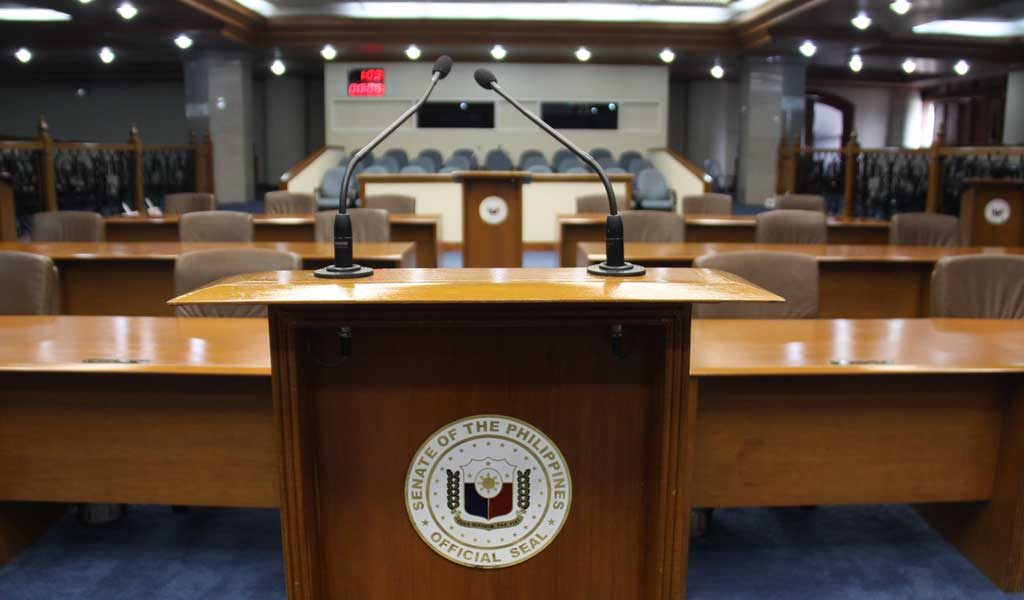
Numbers Don’t Lie
By Andrew J. Masigan

As the 19th Congress convenes today, we make an earnest appeal that the Regional Comprehensive Economic Partnership (RCEP) be ratified. Let me say it straight — the Philippines cannot afford not to be a part of RCEP. Our failure to ratify participation will consign the country to an economic disadvantage so severe that it will retard our development for decades.
It will be recalled that the 18th Senate adjourned without voting on the ratification of RCEP. They cited the lack of safety nets for the farming sector as the reason for non-ratification. The Philippines, along with Indonesia and Myanmar are the only economies who have failed to ratify their participation so far. Meanwhile, the rest of the RCEP countries have been benefitting from the many advantages of the treaty since January 1st this year.
RCEP members include the 10 ASEAN countries plus Australia, China, Japan, South Korea, and New Zealand. There is an open invitation for India pending the resolution of certain socio-political concerns on New Delhi’s part.
RCEP provides its members with ease of market access and ease in trade. Ease in market access is realized through preferential tariffs, minimized trade barriers, and simplified customs procedures. More significantly, RCEP has a common framework for Rules of Origin which simplifies procedures for exporting products using foreign components. All things considered, participation in RCEP brings forth lower costs, trade convenience, better complementation between trading partners, and increased competitiveness among its member states.
On the legal front, RCEP has adopted common laws that govern intellectual property rights, trade, competition, and government procurement. Common laws translate to the absence of trade disputes and legal friction among members.
The Philippines has all to lose by not ratifying RCEP. This is because 52% of our exports and 63% of our imports are sold to and bought from RCEP countries. One can imagine how our thriving electronics industry will come to a screeching halt if Philippine-made electronic products are slapped with higher tariffs and its imported components are taxed twice. One can imagine the economic blowback if our exports of frozen food and fresh fruits are subjected to stiff non-tariff barriers. One can imagine the financial losses if our tuna exports are denied market access since fishing origins cannot be defined.
In terms of importation, non-participation in RCEP will result in more expensive landed costs for raw materials, components for re-export, capital goods, agriculture fertilizers, etc. Worse, the cost of our food will become more expensive, specifically rice, sugar, chicken, and pork. This is the last thing we need in this era of high inflation.
In investments, the Philippines garnered the 4th largest intake of FDIs in 2021, 58% of which originated from RCEP members. Non-participation in RCEP will cause the Philippines to be bypassed in global supply chains, leaving benign the reforms we have worked so hard to put in place. These include the CREATE (Corporate Recovery and Tax Incentives for Enterprises) Law, the Foreign Investment Act Amendment, the Retail Law Amendment, and the Public Service Act Amendment. If we are out of the RCEP, our neighbors will develop rapidly on the back of FDIs while the Philippines will be left behind.
We have already lost seven months of trade benefits and while we have not felt its impact yet, you can be sure its consequences will be palpable soon. What stings badly is that the reasons for non-ratification were, for the most part, politically motivated. Senators running for re-election did not want to be blamed by farmers for acceding to open up the agricultural sector. It is a textbook case of self-interest getting in the way of national development.
Protection for our backward farming sector should not hold hostage the development of the entire economy. It is but one piece of a complex economy comprised of many sectors.
President Ferdinand “Bongbong” Marcos, Jr. voiced out his support for RCEP. We hope the 19th Senate heads the call of the president, of business groups, of foreign chambers and civil society, all of whom call for RCEP’s ratification.
********
Angela Gaddi, Ryan Robert Flores, and Ram Bautista are art mavericks. Back in 2019, the trio established Vintana.ph, an online gallery that features works by Filipino contemporary artists. Their mission is to bring Filipino art to a wider audience and to foster greater art literacy among the public.
During the pandemic, the worldwide web served as an ideal venue to highlight Filipino art. But now that restrictions have relaxed, the folks at Vintana.ph have mounted their first face-to-face art exhibit featuring 15 of the country’s most talented, up-and-coming artists.
The exhibit is entitled Little Big Art Show since it is a small show featuring big talent. I attended the show at the Artsbury Gallery (Orion St., Bel Air, Makati) and was delighted by the paintings, sculptures, and installations on offer. The featured artists include Dex Fernandez, Lourd de Veyra, Kiko Escora, Manuel Ocampo, Aba Lluch Dalena, Angie Bandoy, Kirk Dijamco, Erick Encinares, Jojo Barja, Hamilton Sulit, Jaime Pacena, Chinnich Conadao, Art Tavera, Jared Yokte, and Lena Cobangbang.
Although the exhibit area is small at 170 square meters, the space was well curated, putting the spotlight on selected works of the artists.
The 15 artists were personally vetted by Vintana.ph and chosen for the messages they convey. Admittedly, the works are out of the norm. Many of them are dystopian, dark and dream-like. Some works are overkill maximalist. Others feature erotica and rage. Some are expressions of mental illness. I thought it was interesting how Filipino artists are stepping out of the stereotypes and becoming bold, intrepid, and unapologetic. The works are impeccably executed and thought provoking.
The exhibit runs until July 27 but the works will continue to be on display at www.vintana.ph.
I am glad to see the art scene thriving in the Philippines. We have a long way to go before our artists realize the global recognition they deserve. Initiatives like the Little Big Art Show are a step in the right direction and certainly worth our support.
Andrew J. Masigan is an economist
Facebook@AndrewJ. Masigan
Twitter @aj_masigan